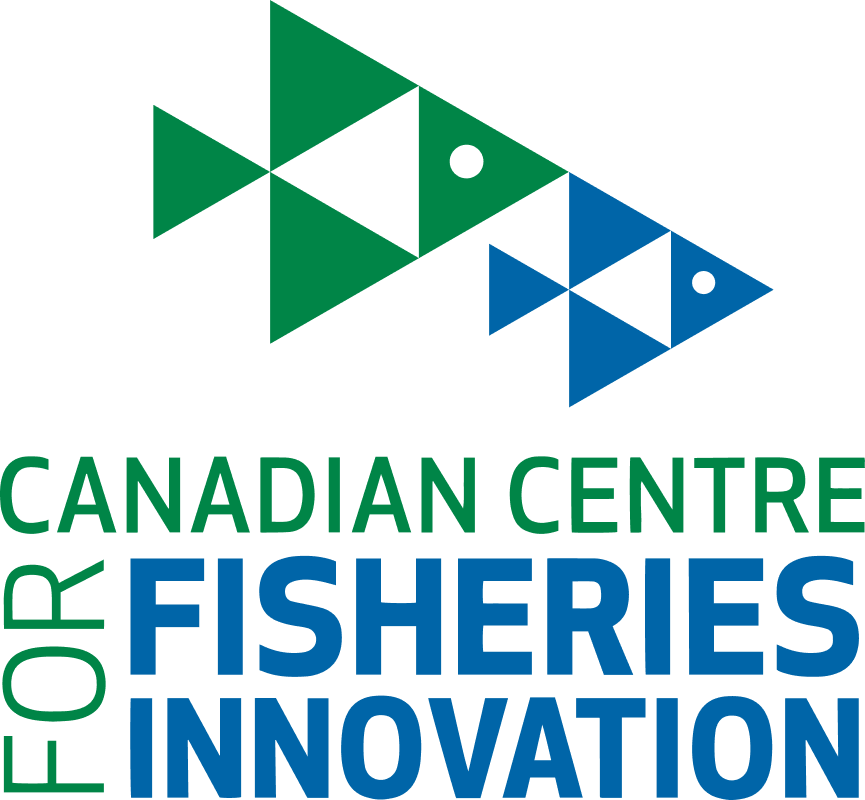Study of the Ecosystem Impacts on the Management of Pinniped Populations - A Presentation to the House of Commons’ Standing Committee on Fisheries & Oceans by CCFI Managing Director Keith Hutchings
Good Afternoon:
Thank you for the opportunity to present on the study, the ecosystem impacts and the management of pinniped populations.
I will open by congratulating the Standing Committee on Fisheries and Oceans on your work and look forward to your final report and recommendations. I am the MD of the Canadian Centre for Fisheries Innovation (CCFI), which is a separately incorporated entity (SIE) of Memorial University of Newfoundland and Labrador, with a mandate driven by an industry led Board of Directors representing harvesting, processing and the aquaculture sectors. The Centre is a conduit between the fishing sectors, academia, science and research institutions and companies that support the industry. We are an enabler organization leading applied research, innovation and technology in the Canadian seafood industry.
Your study of the ecosystems impacts and the management of pinniped populations is needed more than ever in light of the growing abundance of pinnipeds, especially harp, grey and harbor seals. I would suggest the understanding of the correlation – cause and effect relationship – between the pinniped predation on various fish species and the effect on commercially harvested species and other species in decline is gravely lacking in science and thus in the public discourse.
From a Canadian perspective, we need to ask; are we willing to take on the investment and commitment to truly collect the needed data, research and science to achieve the understanding required to allow resource management reflective of those findings.
We are facing an unprecedented ecosystem predation issue, related to the over-population of pinnipeds and the amount of fish being consumed and the effect on the ecosystem.
I think your motion speaks well to the topics that need attention:
- Ecosystems impacts of pinniped over-population – we need multi-year, multi-species, spatial and migratory research – short-term ad hoc stomach content research is not close to being adequate. So many variables are not even considered.
- Domestic and international market potential – Canada consumes very little seal as a food source but we try to encourage the world to consume. Need to invest in research and innovation in meat preparation and diet including the nutritional value of meat and other attributes. Expansion as a food source in international markets and developing full utilization of any harvest is necessary for making the harvest viable for harvesters and the growth of small business and new innovative companies.
- Active Management – real time management with long term supported research is needed, coordinated with industry, science and supportive organizations like CCFI, that have no stake or bias, other than to facilitate research, data and communicate findings for use in resource management.
- Social acceptability – we need to view the industry differently, medical/pharmaceutical attributes of seal, natural ingredients, new generation views key to healthy lifestyle from natural occurrences in nature. I would also like to reference how the Report of the Atlantic Seal Science Task Force provided a clear synopsis of where we are today and where we quickly need to go.
Report of the Atlantic Seal Science Task Team:
Quote:
“The Task Team’s recommendations are focused on the need to address knowledge gaps related to seal diet, distribution and migration patterns, on better understanding the relationship between seals and commercial fish stocks and on working more collaboratively with the fishing industry, academia, Indigenous Partners and other countries on seal science research activities.”
The Task Team identify four relevant areas that we need to embrace with elevated commitment, research and investment:
- Seal Diet
- Distribution and migratory patterns
- Relationship between seal and commercial fish stocks
- Working collaboratively with fishing industry, academia, Indigenous groups
- Partners and other countries on seal science research activities.
I will share a few examples of the type of work that CCFI is looking to carry out in conjunction with industry, regulators, researchers, and harvesters, coastal and aboriginal communities.
Projects proposed under the Ecosystems and Ocean Science Contribution Framework Researching the diet, predation habits of harp seals in the marine ecosystem of the Northeast coast region of Newfoundland and Labrador, including survey of harvesters and observations of harp seal population related to predation and environmental influences on overall health.
The Canadian Centre for Fisheries Innovation, in partnership with professional fish harvesters and the Centre for Aquaculture and Seafood Development at Marine Institute of Memorial University, proposes to obtain samples of stomach and liver contents of various ages of harp seals in areas 2J, 3K, and 3L for scientific evaluation at 3 times during the year.
The project intends to include observation and evaluation of habitat, ecology, population dynamics, seasonal movements, and diet and feeding behavior as witnessed by seal harvesters who have traditionally participated in the sealing harvest for decades. We also plan to focus on population status, the role of seals in the ecosystem, commercial harvest and human impacts on seals in the ecosystems including climate change and oceanographic factors.
Understanding the role and impact of seals in the marine ecosystem in the Pangnirtung region related to predation and environmental influences on overall health. Understanding the role and impact of seals in the marine ecosystem in the Qikiqtani region of Nunavut related to predation and environmental influences on overall health
These are only a sample of real collaboration of all parties involved in evaluation of the increasing pinniped populations.I will conclude by stating everyone must be engaged in research going forward and make resource management decisions reflective of the significant predation occurring in our ecosystem. We need to rethink how we collect data and science to support the work of DFO.
We need the commitment to act.
Thank you for the opportunity to share some thoughts with your committee today.

